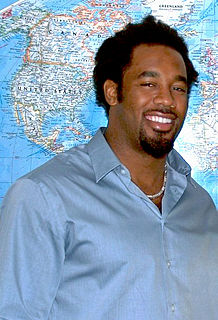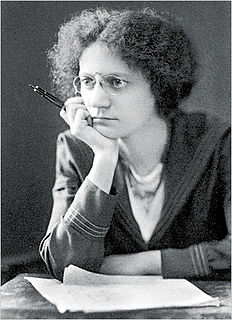A Quote by Rebecca Solnit
Sense of place is the sixth sense, an internal compass and map made by memory and spatial perception together.
Quote Topics
Related Quotes
We call our intuition our sixth sense, but in reality it would be called our first sense, because it's rooted in quantum nature of reality. It was around long before our solar system and our planetary system were even formulated or even organized. It is at the basis of how our normal sensing works. So instead of being our sixth sense or even â€" using the parapsychological term â€" "extrasensory perception," it's not. It's at the basis of our perception, and that's the quantum world.
I first got a sense of that idea of nodality - but I didn't use the word back then - with 'The Missing of the Somme': that sense of a particular place in a landscape or on a map having some kind of tremendous power to draw us to itself... that made me conscious, and since then, really, it has been an abiding concern of mine.
What has soul in it differs from what has not, in that the former displays life. Now this word has more than one sense, and provided any one alone of these is found in a thing we say that thing is living. Living, that is, may mean thinking or perception or local movement and rest, or movement in the sense of nutrition, decay and growth. Hence we think of plants also as living, for they are observed to possess in themselves an originative power through which they increase or decrease in all spatial directions.



































